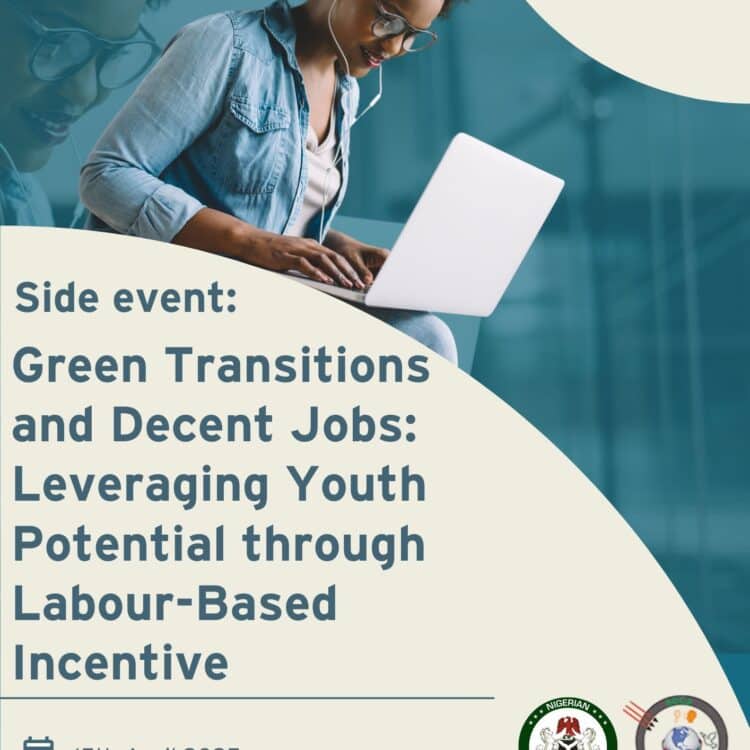
The INCLUDE working conference on youth employment and women’s entrepreneurship looked at ‘What works to promote employment prospects for women and youth’ in Africa. Several expert contributions to the INCLUDE website have subsequently touched upon unemployment as one of the drivers of African migration. Marije Balt and David Suttie, for instance, discuss the reasons why youth are no longer engaging in agriculture. Apart from institutional arrangements, both authors argue that the perceptions youth have of agriculture and decent long-term employment opportunities play an important role in their decisions. Thus, there is a huge role for perceptions, at both the individual and collective level, in decision-making around employment and socioeconomic development in general, as acknowledged in the latest World Bank World Development Report.
Migration is one of the decisions influenced by the images arising around a future in a different area or country. In order to deal with these perceptions we must ask how these perceptions are constituted and shaped. Part of the answer to this question was provided by Dr Ayobami Ojebode from the University of Ibadan in Nigeria. In the seminar ‘Perpetual migrants: social media and African youth for utopia’, held on 3 December at the Leiden University, he examined the role of images transferred through social media in forming the perceptions of African youth on migration and the conditions along the migration routes to Europe.
Key to his lecture was the role of images of ‘failure’: attempts to migrate that have failed either because the migrant was denied access to the country of destination or because he or she died along the way. An example of such an image is the photo of Aylan Kurdi, the 3-year old Syrian boy who drowned near the coast of Turkey. Ojebode looked at how such images influence the perceptions of migration routes and destinations, and the subsequent decision to migrate, among Nigerian youth.
His research provides insights into the communication processes surrounding the interplay between these images and the perceptions of youth. This interplay is influenced by the extent to which ‘receivers’ of these images are able to control the impact of these images and the extent to which African youth are able to uphold their idea of utopia and aspirations for a better lifeworld.
For his research, Ojebode interviewed Nigerians who had ‘failed’ to migrate – those who had attempted to migrate, but had to return to or remain in their home country. Despite several images of failure, they have been able to uphold the utopian idea of migration by ‘cropping’ or re-contextualizing the images. For instance, youth with migration intentions often look for other images or data that counter the negative images in order to feed their vision of utopia.




